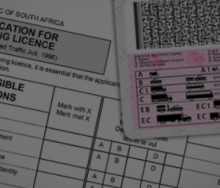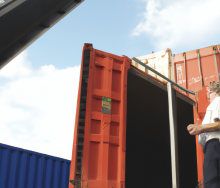Rules of origin are the criteria that are used to define where a product was made. They are an essential part of international trade rules because of policies that “discriminate” between exporting countries.
The origin of a product is used to determine the import duty payable and whether it is subject to an antidumping or countervailing duty. It is also used for the compilation of trade statistics and for “Made in …” labels.
In other words, the origin of a product is important because it will determine how it is treated at the border of an importing country and the origin may impact on the import duty payable and admissibility into the country.
In addition, rules of origin may also determine whether goods are entitled to the payment of less or no import duties. For this reason, there is a distinction between non-preferential and preferential rules of origin.
The non-preferential rules are applied for “Most-favoured Nation” (MFN) trade purposes (i.e. where goods are subject to the general rates of duty) and the preferential rules of origin are applied in the case of Free Trade Agreements and other preferential duty schemes (e.g. agreements where countries have agreed to eliminate or reduce import duties on goods produced in each other’s territories).
South Africa has signed a number of trade agreements with its trading partners in the past few years.
More information on these and other trade agreements can be found under Trade Agreements.
Apart from trade agreements, South Africa also benefits from other international instruments or agreements, such as the African Growth and Opportunity Act (Agoa) and the different Generalised Systems of Preferences (GSPs). More information is available under Other International Agreements.
Source: South African Revenue Service









